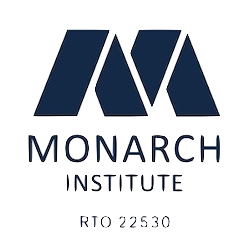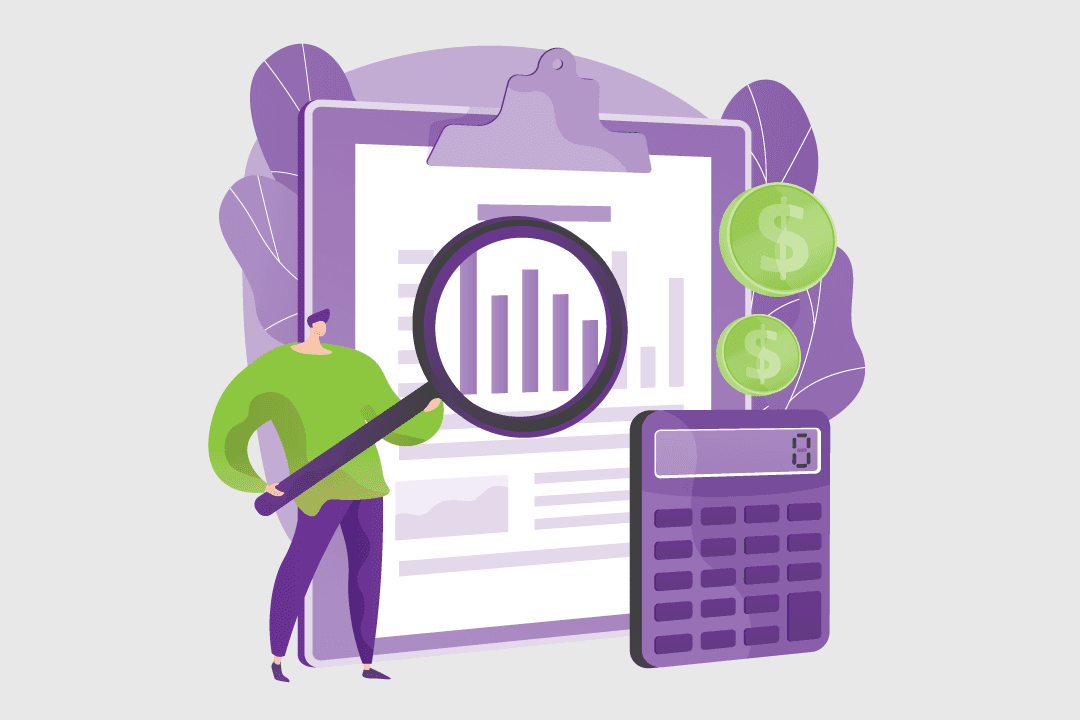Accounts administrator job description
Let’s get real. Job information online can often be overly optimistic — conveniently glossing over the raw bits. But when you’re making decisions about your future, you need all the facts.
That’s why we anonymously surveyed accounts administrators about their job, with hopes of getting an honest insight into what it’s really like.
While we did our best to ensure respondents were Australians and verified their job titles with proof of employment, we can’t guarantee complete accuracy — or that your experiences in the field will reflect theirs. So, we suggest that you take these insights as a guide only and try to talk to people in the field before making an important decision.
Tasks and responsibilities for an accounts administrator
An accounts administrator’s role can be extremely busy and varied, depending on the client’s requirements.
Accounts administrator duties can include:
- Supporting the finance team in administration tasks
- Preparing invoices
- Preparing and analysing financial reports
- Assisting with tax returns
- Monitoring accounts payable and accounts receivable
- Communicating with suppliers
- Keeping record of financial information and ledger maintenance
- Communicating any financial discrepancies to senior management
- Processing bank financial transactions
- Reconciling accounts
- Establishing and coordinating budgets and cash-flow
- Using and maintaining the accuracy of information in financial accounting software and spreadsheets
How to become an accounts administrator
-
Study
Although a formal qualification is not necessary to gain a position in accounts administration, a course like a Certificate III in Accounts Administration (FNS30317) or a Certificate IV in Accounting and Bookkeeping (FNS40217) provides the valuable skills and knowledge to prepare you for the best start in your new career.
-
Further study
Once you have the required qualifications to enrol, and if you would like to upskill in accounting, you can complete a Diploma of Accounting (FNS50217) to take your career in accounting even further.
Pathway options
An initial job as an accounts administrator allows you to develop your finance administration skills and open up job opportunities in more senior roles.
Some pathway options could be:
Junior
-
Accounts assistant
Most common qualification: Diploma of Accounting (FNS50217)
-
Payroll clerk
Most common qualification: Certificate IV in Business (BSB40120)
Mid
-
Accounts administrator
Most common qualification: Certificate III in Accounts Administration (FNS30317)
-
Bookkeeper
Most common qualification: Certificate IV in Accounting and Bookkeeping (FNS40217)
-
Payroll officer
Most common qualification: Certificate IV in Business (BSB40120)
Senior
-
Accountant
Most common qualification: Bachelor of Accounting
-
Accounting manager
Most common qualification: Advanced Diploma of Accounting (FNS60217)
-
Auditor
Most common qualification: Bachelor of Accounting
-
Chief financial officer (CFO)
Most common qualification: Master of Business Administration (MBA)
-
Tax accountant
Most common qualification: Bachelor of Accounting
Explore related qualifications
Studying is a great way to gain the technical skills and industry knowledge you need to hit the ground running in your new career as an accounts administrator.
Accounts administration qualifications vary, and with online courses available, they can be flexible enough to fit your busy schedule.
Certificate III in Accounts Administration
The Cert III in accounts administration is a great place to start and prepares learners for roles under supervision in a financial services business. It focuses on skills in financial data entry, processing accounts, payroll, customer services and producing financial reports.
The average duration for this qualification is 42 weeks, can be studied full-time, part-time or self-paced and can be taken entirely online or in the classroom.
This course is eligible for JobTrainer funding which may cover all or part of the course fees for learners that meet the requirements.
5 providers offer this course





Certificate IV in Accounting
The Cert IV in accounting and bookkeeping offers learners a more complex curriculum in accounting. Learners are provided with the skills to work more autonomously on bookkeeping, preparing and lodging BAS, giving advice and much more.
The average duration for this course is one year, can be studied full-time or part-time and is available for online and on-campus learning.
This course is eligible for JobTrainer funding which may cover all or part of the course fees for learners that meet the requirements.
*To provide a business activity statement (BAS) service for a fee, you must be registered by the Tax Practitioners Board (TPB), and this qualification currently meets the TPB education requirements for registration. Other conditions apply, including a mandatory period of work experience under a licensed BAS agent. If you would like to become a BAS agent, check current registration requirements with the TPB.
4 providers offer this course




Related subjects
A career in account administration can be gratifying, but jobs in the financial industry come in many shapes and sizes. If you would like to explore similar roles that require highly organised, process-driven individuals, here are a few:
Related articles
With a vast amount of informational articles, resources and guides, you can access all you need to know about your career in accounts administration, all in one place.
Some recommended articles:
Reviews
Reviews are from Australian workers with this job title or a very closely related one.
Is this your job title?
Share your thoughts and help people decide if this job is right for them.
- All
- Positive
- Negative
Natalie
Nov 03 2021A varied career that holds the business fort.
What are the best parts of the job?
My job is so varied because I am the only person in the office. My employer and the other tradies are all out working at the jobs I send them too. I take phone calls from customers and delegate the work, purchase materials, invoice the customers and collect money. I make 99% of the decisions on how the business runs and just run it past my employer. Some days it is very stressful but I love it.
What's the most challenging part?
Cashflow. I need to get job sheets in from the tradesmen to invoice customers to get the cashflow running and sometimes it is very hard. As we all know we cash to keep the wheel running.
Benjamin
Nov 04 2021The willingness to learn can go a long way.
What are the best parts of the job?
Accounts administration gives you the opportunity to really hone in on and develop your soft skills. Time management, problem solving and prioritisation are just some that I feel are highly transferable across both jobs in the industry, as well as across industries. I also enjoy interactions with key stakeholders, along with working in a friendly business environment.
What's the most challenging part?
You'll always encounter problems with accounts (that's where the problem solving comes in!).
Kate
Nov 03 2021Analytical and social.
What are the best parts of the job?
Working with great people. The flexbility and ownership of tasks are also big pluses for me.
What's the most challenging part?
Analysis and tight deadlines.



























